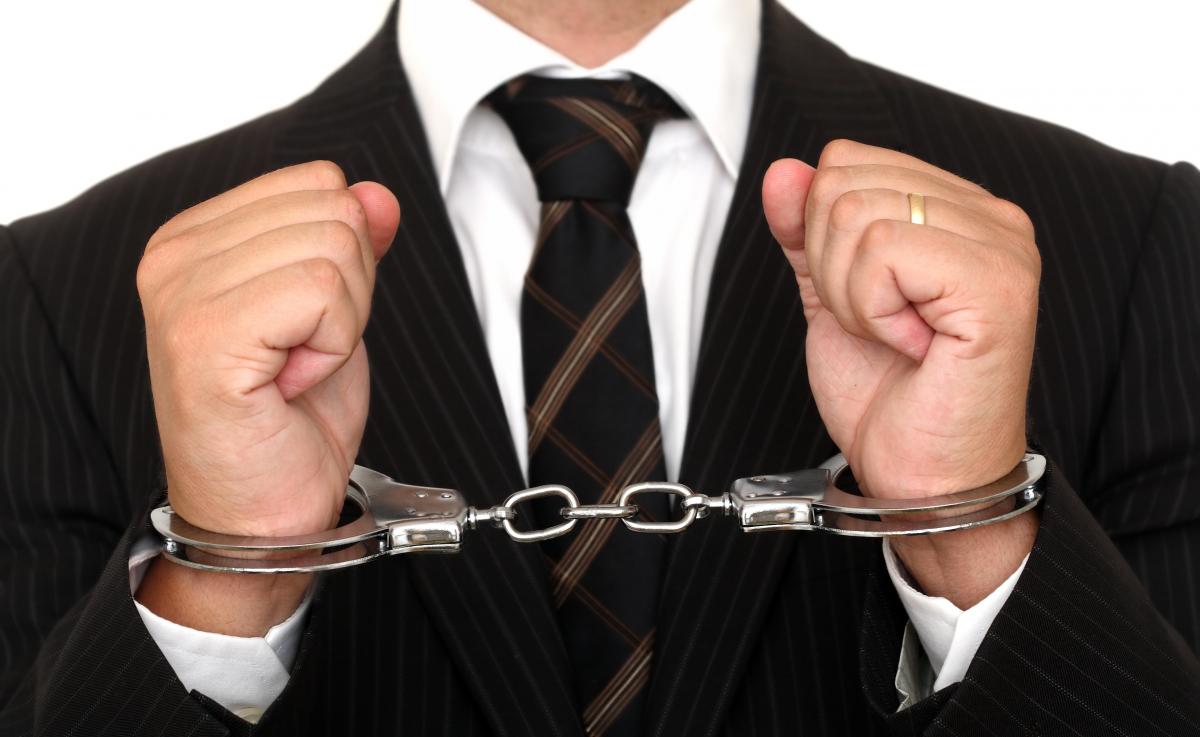
One of the most honest places on the planet is in the grip of a financial crime wave.
In the last month alone, Sweden has opened probes into possible wrongdoing by a billionaire, a former finance minister, the national property board, a former tech CEO and one of his company’s directors. The alleged crimes range from insider trading to bribery, the same accusation that’s embroiled wireless-carrier giant Telia AB in legal disputes for years.
Transparency International last week cited “leading people” losing their “ethical compass” in downgrading Sweden one level in the watchdog’s annual ranking of the least-corrupt countries -- to No. 4 after Denmark, New Zealand and Finland. The Reputation Institute, a Chicago-based consulting firm, hailed Sweden as the world’s “most reputable” country just last summer.
The flurry of investigations “is a wake-up call” for a society that has gotten used to thinking it’s squeaky clean, according to Madeleine Leijonhufvud, a criminal law professor at Stockholm University and former chairwoman of the Swedish Anti-Corruption Institute. “We’re starting to realize that not everything is OK.”
Record High
The number of insider crimes reported in this country of 10 million people soared 53 percent last year to a record 338, while the number of bribery cases jumped 47 percent to 246, a seven-year high, government data show.
Authorities are cracking down on economic crime, enacting a new law on market abuse, criminalizing more “behaviors” and introducing harsher penalties. They’ve also taken a tougher stance on money laundering, handing Nordea Bank AB the maximum administrative fine of 50 million kronor ($5.7 million) in 2015 for having “major deficiencies” in its practices. Svenska Handelsbanken AB was fined 35 million kronor for similar reasons.
Nordea also came under fire last year after being named in the so-called Panama Papers, which alleged the bank had helped clients hide their wealth in offshore accounts with a view to evading taxes. Regulators are investigating the matter and plan to conclude their probe in the coming months.
Gunilla Sandblom, the Economic Crime Authority’s chief prosecutor, said the surge in insider trading is particularly troubling because it can erode confidence in the country’s capital markets and deter investment.
“The increase is serious,” Sandblom said by phone, attributing the spike in part to better oversight by regulators and an uptick in the number of listings by smaller companies inexperienced in vetting their own procedures. “During raids, we’ve seen documents containing insider information lying around the photocopier, allowing anyone working there to see and act upon it,” she said.
Fingerprint Cards
Under Swedish law, the maximum penalty for bribery is six years in prison. Tougher insider laws for breaches committed since Feb. 1 now also can lead to six years behind bars.
Johan Carlstrom, a shareholder and the former chief executive officer of biometric sensor maker Fingerprint Cards AB, was arrested last month along with board member Lars Soderfjell on suspicion of aggravated insider trading. While the two men have been released and Soderfjell has stepped down from the board, the investigation remains open.
Sweden arrested Ola Rollen, the CEO of Hexagon AB, on behalf of Norwegian authorities last October on suspicion of insider trading in shares of Next Biometrics Group AS. Rollen, who has denied any wrongdoing, was later released, though the probe is continuing.
At the same time, Sweden’s National Anti-Corruption Unit is grappling with an increase in a much older type of crime: bribery.
Prosecutors said in late January that Anders Borg, who served as finance minister from 2006 to 2014 and became a Citigroup Inc. adviser in 2015, was suspected of receiving a bribe from billionaire Fredrik Lundberg, one of Sweden’s most powerful investors and the chairman of papermaker Holmen AB.
The alleged payoff relates to one of the elk- and deer-hunting weekends Holmen hosts on a parcel of its land 160 kilometers south of Stockholm, the company said in a statement, denying any wrongdoing. Borg said he accepted an invitation to one of the events before he left office, but attended after.
“I am convinced that I have handled this correctly,” Borg said by e-mail.
Swedish law is sometimes vague on the issue of corruption, which even the government admits. Official guidelines urge state workers to take “personal responsibility” for making “ethical choices.”
It’s generally acceptable to receive “smaller” product samples, “basic decorative items” and “basic birthday celebrations,” but not money, loans on favorable terms or “paid entertainment or holiday trips,” the guidelines say.
‘Friendship Corruption’
The problem for many businesses is that they have a long history of hosting social events that are no longer considered acceptable for officials to attend free of charge, even if the amount of money involved isn’t exorbitant, according to Leijonhufvud, the criminal law professor.
Holmen CEO Henrik Sjolund said his company usually pays for guests’ lodging and food, but not transportation. He declined to estimate how much the company spends per person. A night at the hotel where Holmen’s hunters usually stay typically costs the kronor equivalent of about $150.
Alf Johansson, the prosecutor in the Holmen case, probed Foreign Minister Margot Wallstrom last year for potentially accepting a bribe from a trade union in the form of a rental apartment in Stockholm. The case, later dropped, touched a nerve with the public, given that a housing shortage in the capital is forcing people to wait as long as two decades for a rental contract.
Kim Andrews, who leads the anti-corruption unit, said the media are paying more attention to “social inequality,” which has raised public awareness of, and outrage over, “friendship corruption” -- benefiting from who you know.
“The tendency to report has increased,” Andrews said. “It doesn’t sit well with a lot of people.”
Nike


